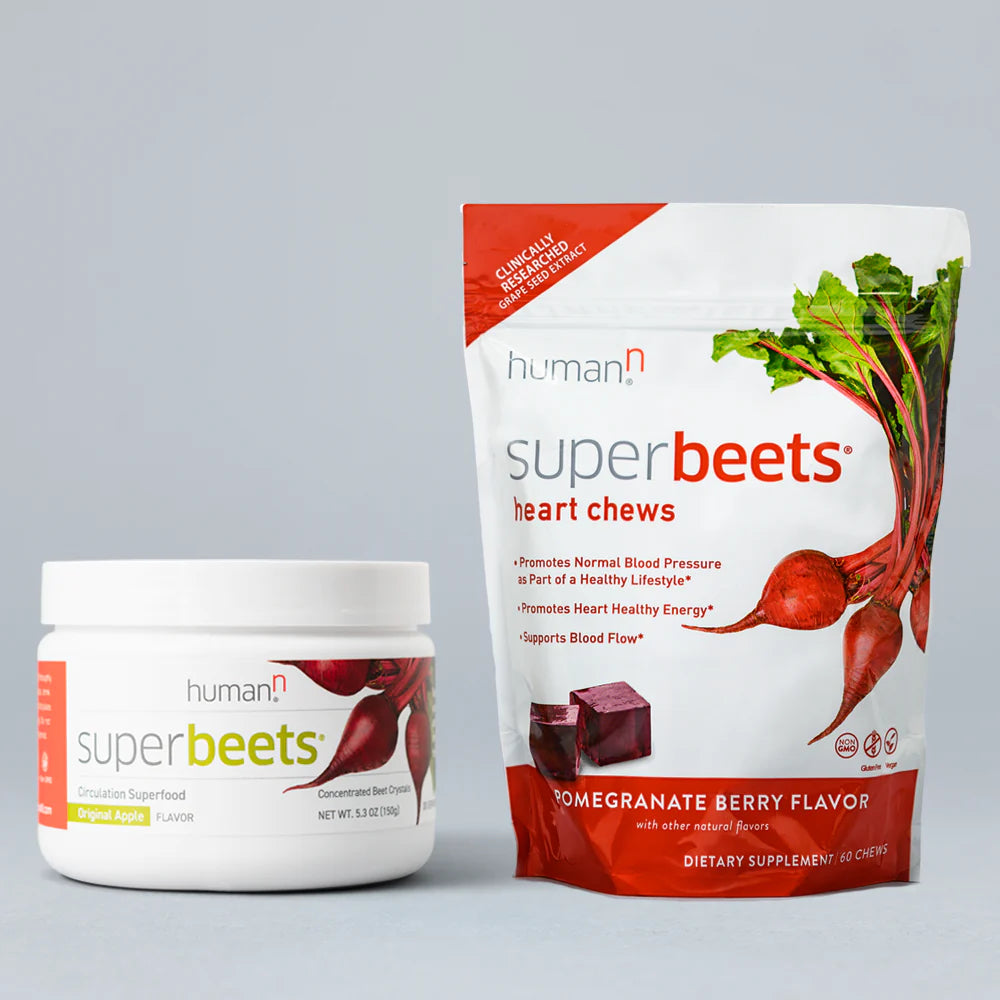Every time we go to doctor’s office, we get our blood pressure taken. But studies show that most people don’t understand the numbers, what they mean, or even their own blood pressure.
But your blood pressure is an important indicator of your overall health. So knowing what yours is, and what the numbers mean is essential to taking control of your own health.
WHAT ARE ALL THOSE NUMBERS?
Whenever someone mentions blood, we hear sets of numbers. 120 over 70 or 130 over 90. But what are those numbers, and where do they come from. According to the American Heart Association, your blood pressure numbers represent two phases of a heartbeat. The top number, called “Systolic” is a measurement of the pressure in your arteries when your heart muscle contracts. The bottom number, called “Diastolic” is the pressure in your arteries when your heart relaxes between beats.
WHY THOSE MEASUREMENTS?
Looking at how the pressure in your arteries during the two phases of a heartbeat gives your health care provider a good picture of how your circulatory system is functioning. The higher the numbers, especially the resting (diastolic) pressure, the more it may indicate a problem.
It’s important to know that one or two incidents of high numbers doesn’t necessarily mean you have an issue in your arteries. Being sick, momentarily stressed, or certain other passing circumstances can give almost anyone a temporarily higher reading. That’s why your medical care giver will look for a pattern of blood pressure readings before recommending further tests or treatments.
WHAT CAN SUPPORT HEALTHY BLOOD PRESSURE?
Before getting to what someone can do to support their blood pressure, it’s important to know that factors which impact blood pressure aren’t known for certain. But there are factors that seem to contribute to it, such as being overweight, smoking, using certain prescriptions (like birth control pills) and some medical conditions that impact circulation.
Behavioral or lifestyle changes are one of the best ways to address blood pressure, especially if they’re done as soon as the numbers start to climb. Losing weight, adding an exercise routine and eating a healthier diet, including foods rich in dietary nitrates, are all good ways to help support your blood pressure numbers.
Studies are also finding that boosting your nitric oxide levels can help support healthy blood pressure.
JUST KNOW
Just knowing your blood pressure is a simple way to keep an eye on your own health. And living a healthy lifestyle is a great way to make it a number you’re proud to see.




